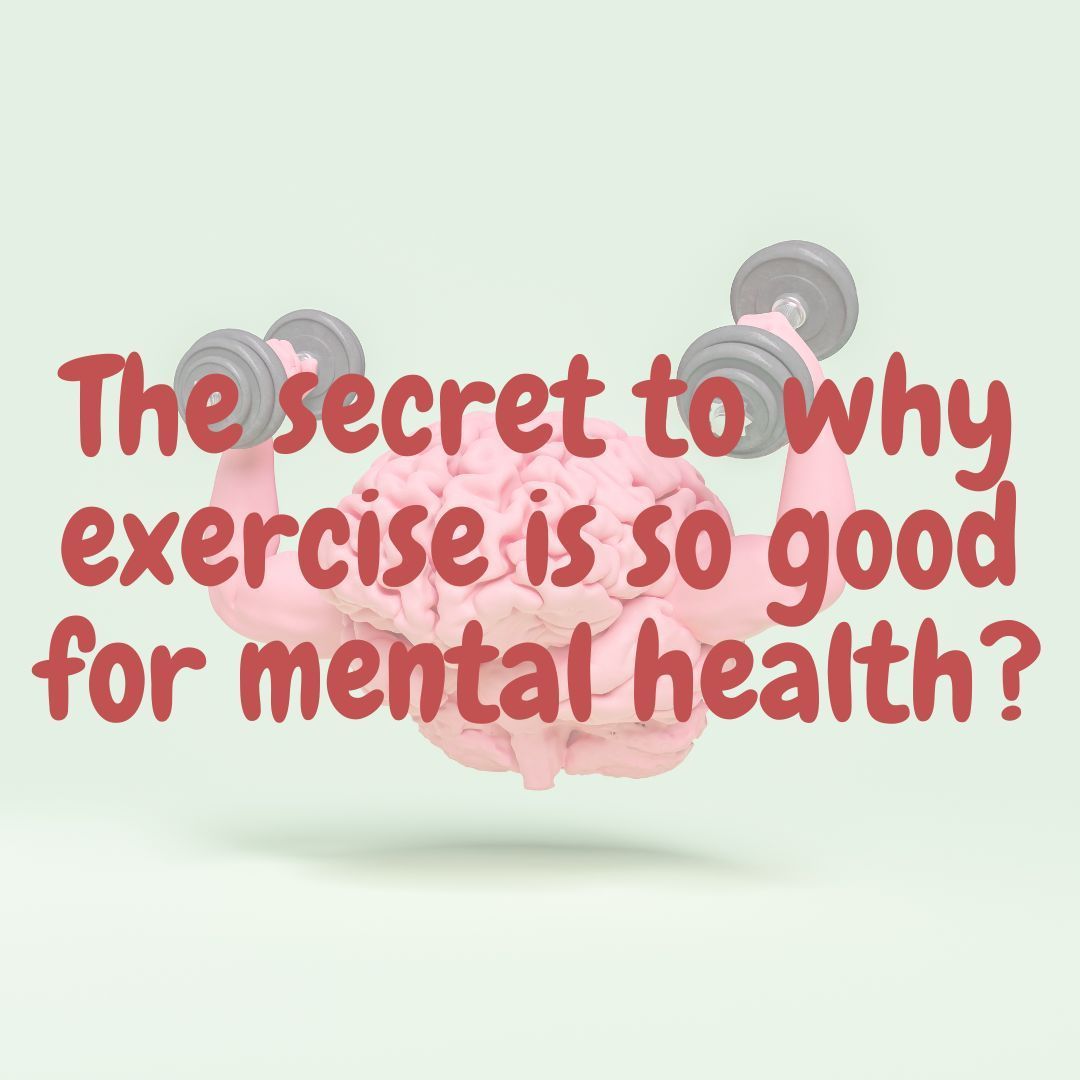What we long suspected is now scientific fact: there’s a magic chemical connection between mood, strength and longevity!
The physical benefits of movement such as lowered blood pressure, reduced risk of diabetes and cancer, and healthy ageing, are well-known, and we’re beginning to understand more about the mental health benefits as well.
One of the most interesting health research projects of the past decade or so has looked at how exactly exercise makes us feel good. Research shows that there appears to be a clear scientific reason, that we can see at a cellular level. When muscles contract, they secrete chemicals into the bloodstream. Among these chemicals are myokines, which have been referred to as “hope molecules”. These small proteins travel to the brain, cross the blood-brain barrier, and act as an antidepressant. They do this by improving our mood, our ability to learn, our capacity for locomotor activity, and protect the brain from the negative effects of ageing. This has been referred to as “muscle-brain cross-talk”.
They’re also responsible for improved metabolism, reduced inflammation, and increased muscle strength. Myokines are not solely responsible for feeling good: exercise also releases neurotransmitters such as dopamine, noradrenaline and serotonin that have a positive impact on our brains.
The nitty gritty of myokines and underlying cellular mechanisms is complex. But the basics aren’t rocket science. Our brains and bodies do better with exercise and physical activity, and more exercise makes us less anxious and depressed. It’s a case of laboratory and experimental science finally giving us a window into a phenomenon we recognise from our own lives, and from the many public health studies showing the benefits of exercise.
The largest synthesis study of the effect of exercise on major depressive disorder and depressive symptoms showed moderate to large effects of exercise on depressive symptoms. The authors argue that exercise is an efficacious treatment option for those suffering. This has led to “social prescriptions” from GPs such as more time outdoors, daily walks, and moving from a purely medical model of care to one best suited for the individual, mixing physical activity, community engagement and medicine when needed.
The links between physical activity and mental health are acutely true for children and young people as well. A large study from Norway showed that physically active teenagers in team sports had higher self-esteem and life satisfaction, particularly for senior high-school girls. This also was true for university students where a clear association was found between inactivity and poor mental health, self-harm and suicidal attempts.
But trends are going the wrong way. Young people are spending more time on devices, and less taking part in sport and other physical activities. This has significant ramifications for mental health: a study of 40,000 children in the US found that after more than one hour per day of use, screen time was associated with less curiosity, lower self-control, less emotional stability and lower psychological wellbeing. Among 14- to 17-year-olds, those who used screens throughout the day were twice as likely to have been diagnosed with depression. With the stress of adolescence – whether peer pressure, post-Covid-19 trauma, exams, isolation and uncertain economic futures – sport, especially team sport, is a good protective measure for mental health. But the links between mental health and sport are rarely part of conversations about “mentally healthy school environments”, sport in the education curriculum, or raising resilient adolescents.
We could do so much more to promote a healthy, lifelong relationship with exercise. It’s a surefire way to improve people’s health by preventing illness, rather than waiting until someone is already sick. And it’s not just about staying a certain weight or being a certain size: it’s about keeping our bodies functioning and strong.
It’s about the ability to keep up with our children and grandchildren. Exercise is especially important with ageing to keep independence in daily life with activities such as going to the toilet, getting out of bed and up and off the sofa, and going for local food shopping. Being able to live independently, and avoiding going into residential care, is linked to exercise and physical activity.
So when you’re feeling low, it’s tempting to do a Netflix binge, or spend hours scrolling on social media comparing others’ lives to yours, and feeling increasingly sad. This is especially true for teenagers. The antidote we know clearly from epidemiology and biology is to just get moving: whether it’s joining a team, going for a long walk, or finding a community gym or yoga class. You’ll certainly feel more hopeful afterwards.


